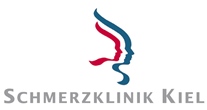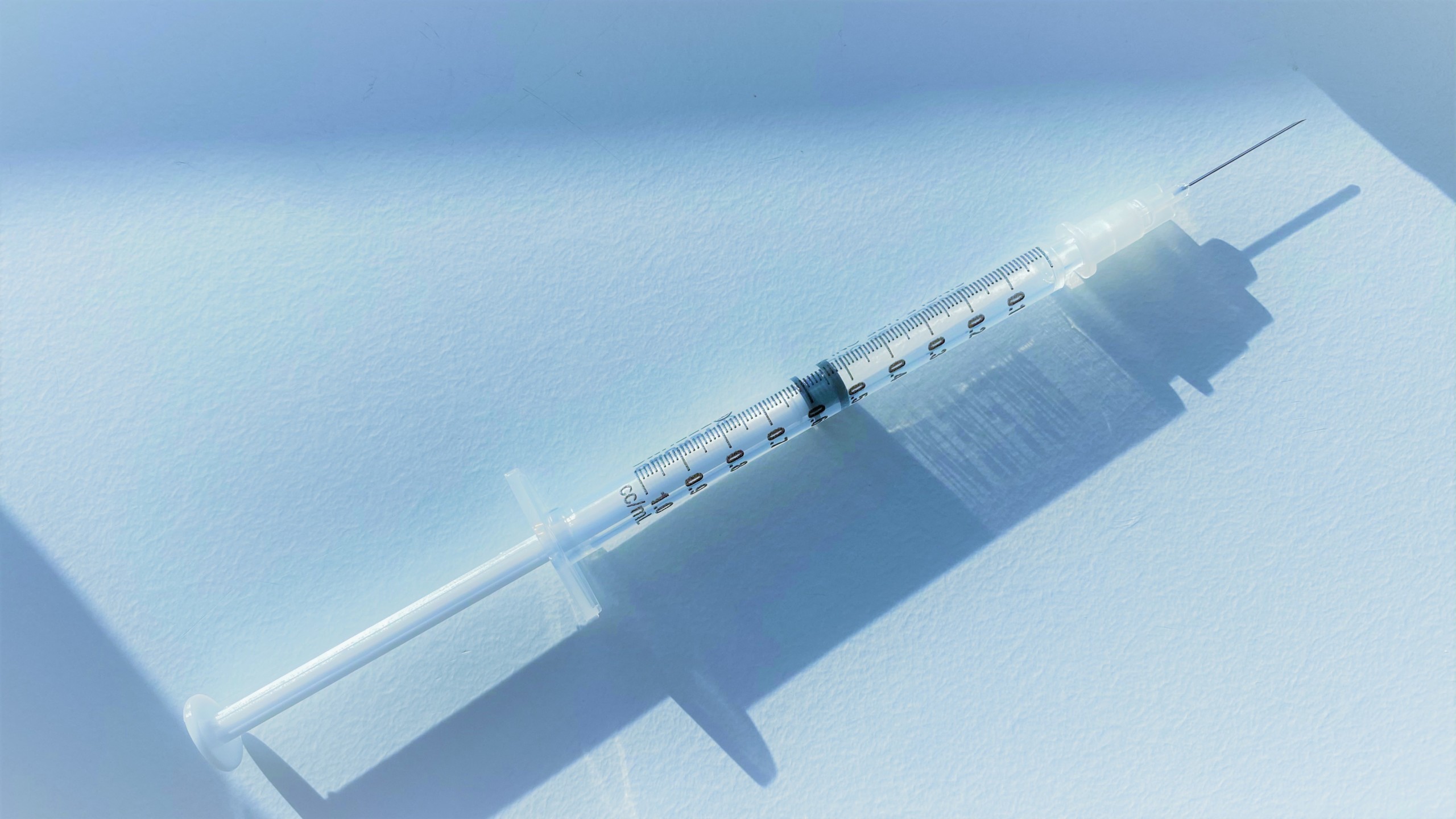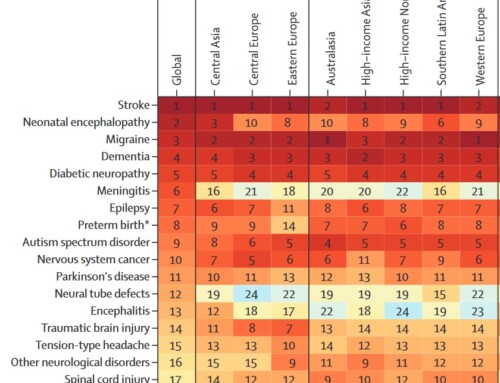Preparations for vaccinations against SARS-CoV-2 are currently taking place. The plan is to begin on December 15, 2020 for employees of clinics that care for patients with Covid-19. The other clinic staff should then be vaccinated first. Hospitals are required by the Ministry of Health to prepare organizationally for vaccinations now - even if all the information and documents are not yet available.
This raises questions. The study data has not yet been comprehensively published. The approval authorities are currently evaluating the continuously incoming study data and study reports in a so-called rolling process. In order to make an individual informed decision about vaccination, up-to-date information is required. Below we list sources:
https://www.kommengegencorona.de/informieren/informationen-zum-impfen/
https://www.rki.de/SharedDocs/FAQ/COVID-Impfen/total.html
https://www.bmbf.de/de/corona-das-ist-der-stand-bei-der-impfstoff-entwicklung-11152.html
The pandemic situation in Germany remains dynamic. You can find the most up-to-date, secure information about the coronavirus at:
https://www.infectionprotection.de/coron…
Information from the Robert Koch Institute:
https://youtu.be/EwNjOo3LFX4
Barmer survey on corona vaccination willingness - majority want to have themselves and their own children vaccinated
Kiel, November 26, 2020 - More than half of Schleswig-Holstein residents (61 percent) are willing to be vaccinated against the coronavirus. Willingness to vaccinate their own children is also high at 42 percent. This emerges from a representative nationwide survey by Barmer among around 2,000 respondents aged 16 and over, including over 100 people from Schleswig-Holstein, in November of this year. Accordingly, the majority of respondents in Schleswig-Holstein (56 percent) would get vaccinated soon and trust that the vaccines are safe (43 percent). “There is no way around vaccination to overcome the corona pandemic. It is therefore an important signal that the majority of citizens want to be vaccinated. The higher the willingness, the better. With the vaccination you not only protect yourself, but also those who cannot be immunized,” says Dr. Bernd Hillebrandt, regional manager of Barmer in Schleswig-Holstein.
Respondents want to protect themselves and others
According to the survey, 69 percent of those surveyed in Schleswig-Holstein want to be vaccinated in order to be protected as best as possible. 63 percent want to do it to protect others. Older people are more open to vaccination. Of those surveyed aged 60 and over, over 40 percent definitely want to be vaccinated. Among 16 to 39 year olds, however, only just under 23 percent are completely sure. For almost a fifth of all respondents (22 percent), a coronavirus vaccination is out of the question. The biggest hurdles are doubts about the safety of the vaccines (68 percent), fear of side effects (60 percent) and doubts about their effectiveness (52 percent). Around one in five people (22 percent) generally do not believe in vaccinations.
Increase voluntary willingness to vaccinate through education
“The vaccination against the coronavirus should be voluntary. Education is the best means of ensuring a high level of acceptance and willingness to vaccinate among the population,” emphasizes Hillebrandt. Above all, it is important to provide information about the safety and effectiveness of the vaccines and thus relieve people of their worries. Compulsory vaccination would be rejected by almost two thirds of those surveyed.








Leave a comment